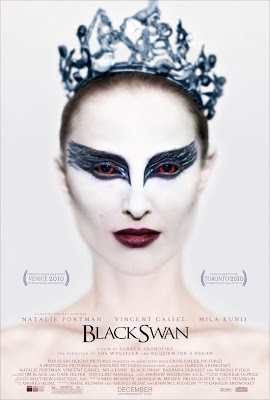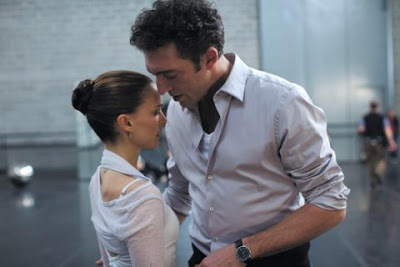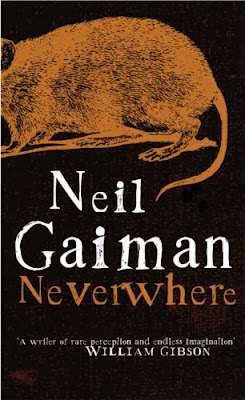
John Wayne Cleaver is just starting high school in Clayton and he's not like his classmates. His mother runs a mortuary and his father has pretty much been nonexistent. John doesn't relate to anyone at all and doesn't connect with people emotionally. Plus his favorite hobby is researching and telling people about serial killers. He is obsessed with them because he thinks if he doesn't stick to his carefully placed rules, he would be one of them. It's not an unwarranted comparison since he shares many traits with them, including being recently diagnosed as a sociopath by his therapist. His only friend is Max, a talkative and annoying boy, who only serves as a cover for John's antisocial tendencies. Because of his inability to relate with his classmates, bullies frequently bother him and he has to will himself to grin and compliment them instead of gutting them like fish. John is intensely interested in a new development in his town: a serial killer who steals organs has been striking with increasing frequency in his very own town. John compiles a psychological profile on the killer, but some things just don't add up. Is this just a run of the mill serial killer or something more nefarious?
When I started reading this book, I automatically thought that I would be reading about a mini version of Dexter Morgan (from Jeff Lindsay's series and the TV show). To some extend the two are similar, but I was relieved to see that they have distinct differences. John was aware of his tendencies and tried to put rules in place to prevent him from becoming a killer. He would stop himself from staring at people or following people around. If he felt angry at someone, he would pay them a compliment instead of acting out the violent fantasies in his head. The killer inside of him is personified as a monster behind the wall of his rules. I think it's interesting that he sees himself and the killer as two separate beings when he's trying to repress it. Later in the novel, he decides he needs to kill the serial killer in Clayton, so he allows that wall to crumble and lets the monster out. Then, he and the creature blur together and he has to frequently stop himself from giving in to the homicidal urges with innocents in his town. The most interesting aspect of his narrative for me was his sociopathic view of people. He views them as objects and only connects emotionally through creating fear within the other person. It makes his relationships with other people like sick imitations of real ones. For instance, he feels drawn to a girl and I assume it's because he likes her and wants to be her boyfriend. Not so. He make her view him as the only person in the world and then kill her. The fact that John is only in high school makes his view of people all the more chilling. I think John is a bit darker than Dexter despite his age because he is still struggling between being a killer who kills innocents and a killer who kills other murderers.
I was a little disappointed that the villain in the novel turned out to be a supernatural creature. I don't really like my serial killers mixed with demons and the like when it's unexpected, which is the reason why I really hated the third Dexter novel. However, I accepted it and moved on. I did enjoy the rest of the novel and I am looking forward to the second book, Mr. Monster. Despite the violence, I consider the novel appropriate for young adults because it's a sort of homicidal coming of age story. I would also recommend this to fans of the Dexter TV and book series.
My rating: 4/5 fishmuffins










